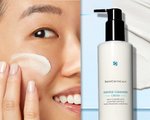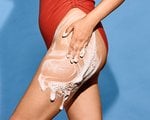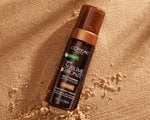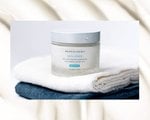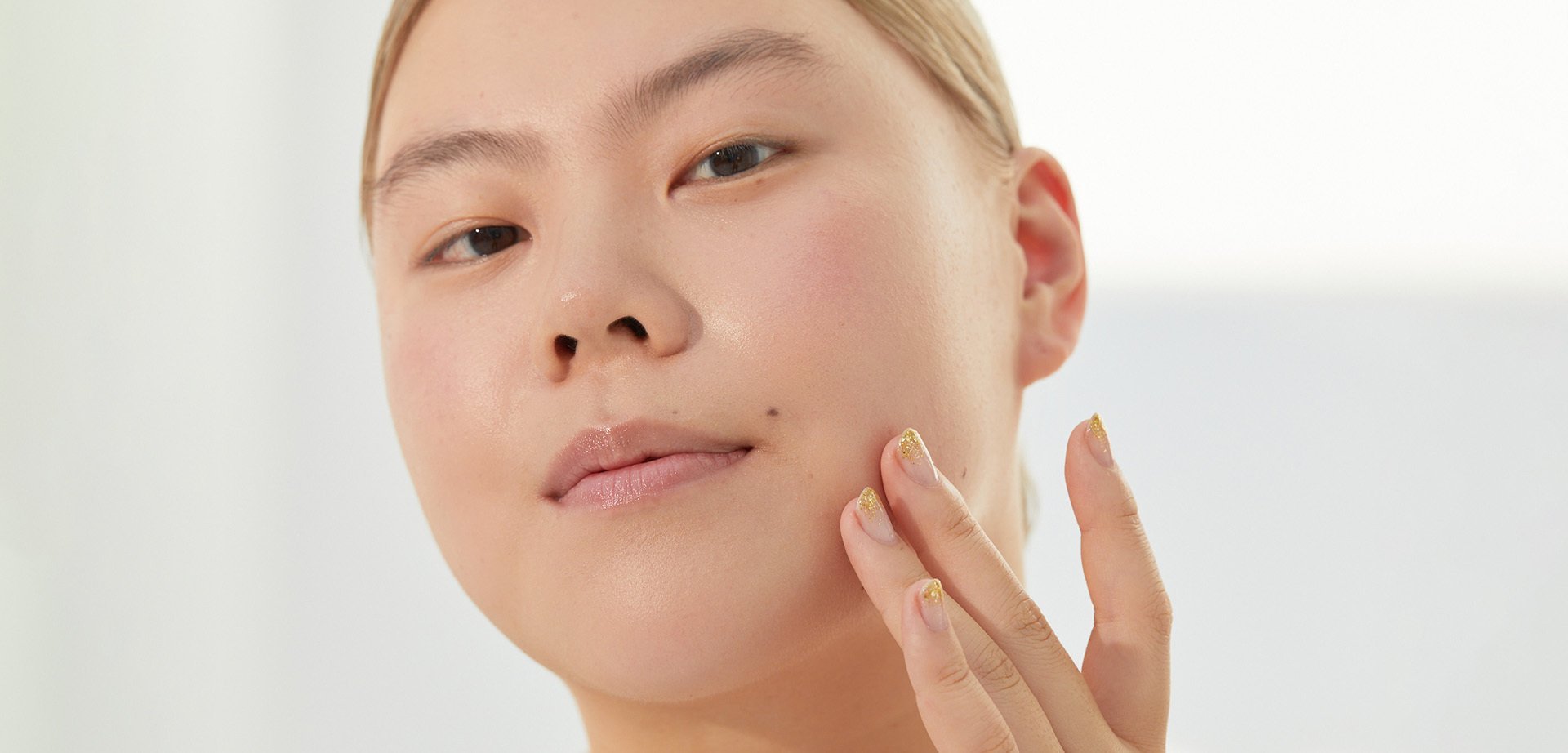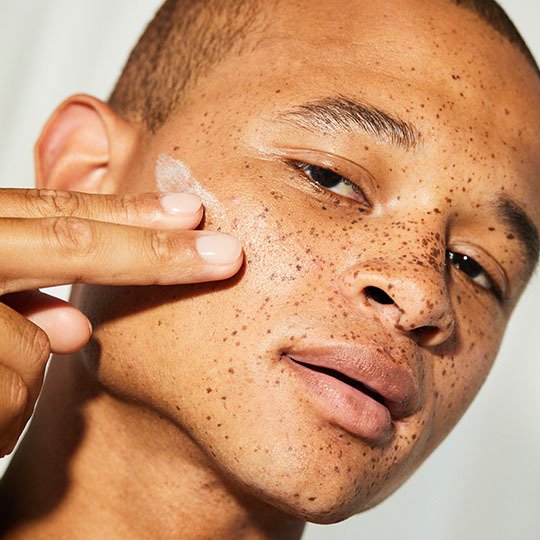How to Soften Dry, Callused Feet
July 19, 2022

4. Use Tactics to Amplify Moisturizing
You may notice your feet don’t seem to be soaking up moisturizer as well as they should. If that’s the case, board-certified plastic surgeon, SkinCeuticals expert, and Skincare.com consultant, Dr. Forrest Roth, says that in order to help ensure better penetration of moisture, you can do an Epsom salt soak beforehand. After using the Epsom salts, don’t rush to dry off; applying moisturizer directly to damp skin will help trap more moisture.
5. Protect With Pads
After calluses are formed, they can continue to be irritated by movement and activity. To help prevent that, the AAD recommends placing moleskin around the calluses as padding. The Mayo Clinic mentions that you can also use non-medicated callus pads to help cushion the skin and decrease friction.
6. Wear Well-Fitting Shoes
It’s likely that your shoes were part of the problem in the first place, which is why the AAD recommends wearing shoes that are the right fit — not too loose or too tight. In addition to your shoes, the Mayo Clinic warns to switch your socks to a comfortable fabric that can wick away moisture well. Ensuring both your socks and shoes have a cushioning effect on your feet is also important to keep in mind. It will lessen any friction taking place between the skin of your feet and the material surrounding it, alleviating callus formation.
7. See a Specialist
In most cases, an at-home plan should be enough. The AAD reveals that most calluses gradually go away when the friction or pressure causing them stops (another reason to toss those too-tight shoes). However, if the calluses are painful or you believe there may be an underlying health issue, both Dr. Roth and the AAD say to see a podiatrist for an expert opinion.
Photo: iStock
